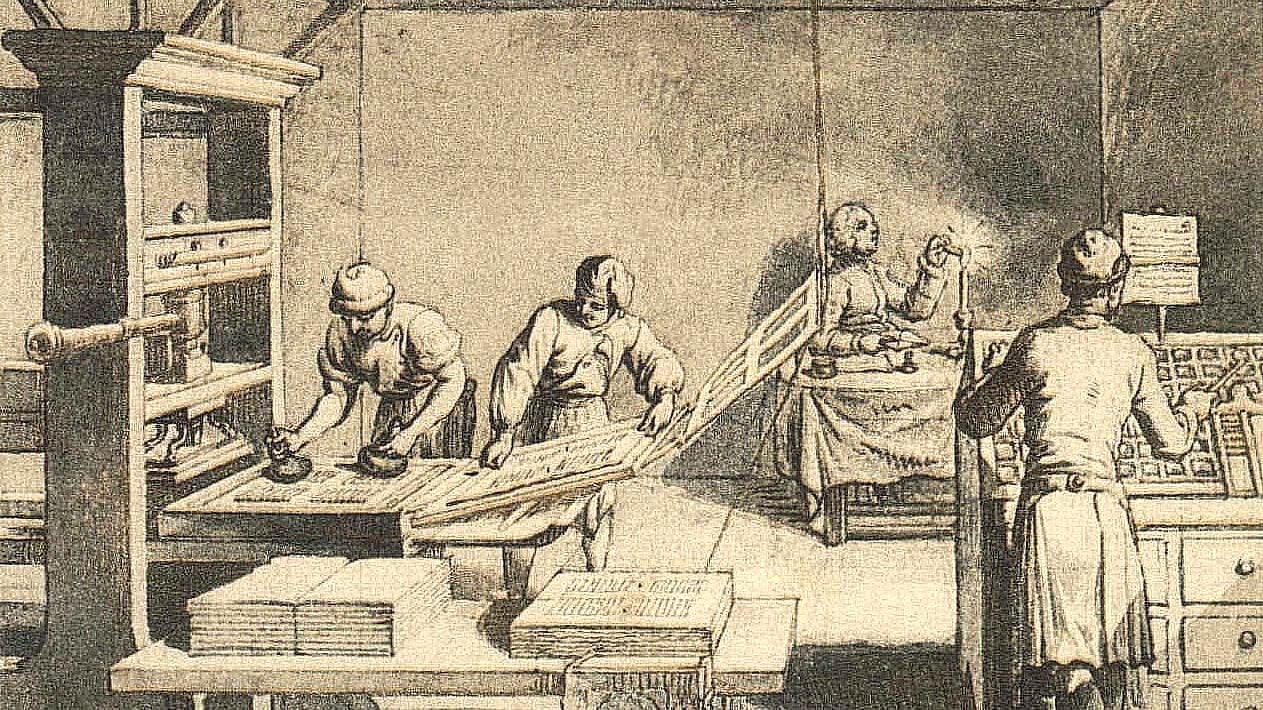Module 40. Public Service Commissions
The Public Service Commissions (PSCs) are constitutional bodies established to ensure impartial recruitment, selection, and management of civil services in India. Their primary role is to uphold the principles of meritocracy, fairness, and efficiency in appointments to public offices. Functioning as independent institutions, these commissions maintain the integrity of the administrative machinery and are essential components of the democratic governance structure envisioned by the Constitution.
Constitutional Provisions
The establishment and functioning of Public Service Commissions are governed by Articles 315 to 323 of Part XIV of the Constitution of India, which deals with Services under the Union and the States. The Constitution provides for the following:
- A Union Public Service Commission (UPSC) for the Union;
- A State Public Service Commission (SPSC) for each state; and
- A Joint State Public Service Commission (JSPSC) for two or more states, if Parliament so provides by law.
These bodies are vested with constitutional status, ensuring independence from executive interference. The Chairman and Members of the commissions are appointed by the President in the case of the UPSC, and by the Governor in the case of the SPSC. Their conditions of service, tenure, and removal are clearly defined to safeguard autonomy and impartiality.
Composition and Tenure
The composition of the Public Service Commissions is not uniform and varies according to requirements. Typically, each commission consists of a Chairman and several Members, most of whom possess administrative or judicial experience.
- Tenure: Members hold office for a term of six years or until attaining the age of sixty-five years for UPSC and sixty-two years for SPSC, whichever is earlier.
- Removal: The President can remove the Chairman or a member on the grounds of misbehaviour, only after an enquiry by the Supreme Court, ensuring independence from political influence.
The Constitution also provides that the conditions of service cannot be altered to the disadvantage of members after appointment, thereby reinforcing their autonomy.
Union Public Service Commission (UPSC)
The UPSC, headquartered in New Delhi, is the central recruiting agency of India. Established under Article 315(1), it conducts examinations and advises the Union government on matters relating to the recruitment, appointment, and disciplinary control of civil servants.
Functions of the UPSC
The UPSC’s functions are elaborated under Article 320 and include:
- Conducting Examinations for appointments to the All India Services, Central Services, and other Union posts, such as the Civil Services Examination (IAS, IPS, IFS), Engineering Services Examination, and Combined Defence Services Examination.
- Direct Recruitment through interviews or selection processes.
- Advisory Role on matters relating to recruitment methods, promotions, transfers, and disciplinary actions.
- Handling Disciplinary Cases involving civil servants under the Union.
- Framing and Amendment of Recruitment Rules for various services.
- Reporting to the President, who submits the Commission’s annual report to Parliament, along with an explanatory memorandum on the action taken.
The Union Public Service Commission (Exemption from Consultation) Regulations, 1958 specifies cases where consultation with the UPSC is not required, such as temporary appointments and specific defence-related posts.
State Public Service Commissions (SPSCs)
Each state has its own Public Service Commission, functioning under Article 315(2). The SPSC performs similar roles at the state level as the UPSC does at the national level. The Governor of the respective state appoints the Chairman and Members, while the President can remove them based on the Supreme Court’s recommendation.
Functions of State PSCs
- Conducting Examinations for appointments to state services (e.g., State Civil Services, State Police Services).
- Advising the Governor on recruitment, promotions, transfers, and disciplinary actions.
- Handling Departmental Examinations for state employees.
- Preparing Annual Reports which are submitted to the Governor and then laid before the state legislature.
Notable examples include the Madhya Pradesh PSC (MPPSC), Uttar Pradesh PSC (UPPSC), Tamil Nadu PSC (TNPSC), and Maharashtra PSC (MPSC), each responsible for managing state-level administrative recruitment.
Joint State Public Service Commission (JSPSC)
The Joint State Public Service Commission, as provided under Article 315(2), may be created by an act of Parliament for two or more states. Although the Constitution permits its establishment, the use of this mechanism has been rare. The first and only Joint PSC was established for the states of Punjab and Haryana, which later became defunct after the formation of separate commissions for each state.
JSPSCs are particularly useful for smaller states or Union Territories that may not have sufficient administrative workload to maintain a full-fledged independent commission.
Independence and Safeguards
To maintain the neutrality and credibility of PSCs, several constitutional safeguards have been incorporated:
- Fixed Tenure and Conditions of Service prevent arbitrary removal or alteration.
- Financial Independence: Expenditure of the UPSC is charged on the Consolidated Fund of India, while that of SPSC is charged on the Consolidated Fund of the State, ensuring that it is not subject to legislative vote.
- Security of Tenure: Removal procedures are stringent, requiring Supreme Court enquiry.
- Ineligibility for Further Employment: Members, after completion of tenure, cannot take further government employment except as UPSC chairman or member, preventing post-retirement bias.
These provisions collectively safeguard the autonomy and impartiality of the commissions.
Role in Recruitment and Personnel Management
Public Service Commissions are pivotal in maintaining the efficiency and neutrality of the civil services. They ensure:
- Merit-based Selection through transparent and standardised competitive examinations.
- Uniformity in Recruitment Procedures across services.
- Fair Representation through adherence to reservation policies for Scheduled Castes, Scheduled Tribes, and Other Backward Classes.
- Accountability by providing recommendations and reports subject to parliamentary and legislative review.
In addition to recruitment, PSCs play a consultative role in policy formulation relating to personnel administration, promotions, and disciplinary proceedings, thereby acting as advisory institutions to both the Union and state governments.
Challenges and Criticism
Despite their constitutional status, Public Service Commissions face several challenges:
- Delays in Recruitment due to procedural complexities and vacancies in the commissions.
- Political Interference in appointments, occasionally undermining independence.
- Inadequate Modernisation and dependence on traditional examination systems.
- Limited Jurisdiction as their advice is not binding on the government.
- Transparency Issues in evaluation and selection in some state commissions.
Reforms such as digitalisation of recruitment processes, stricter norms for appointment of members, and greater transparency through public disclosures have been suggested to enhance efficiency.
Significance in Governance
Public Service Commissions embody the constitutional ideal of an independent civil service. By ensuring recruitment based on merit and competence, they maintain the efficiency, integrity, and accountability of the administrative system. The UPSC and the State PSCs together form the backbone of India’s bureaucratic structure, ensuring that public administration operates free from political bias and adheres to constitutional values.


